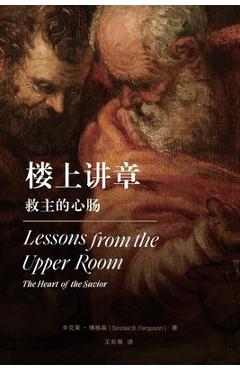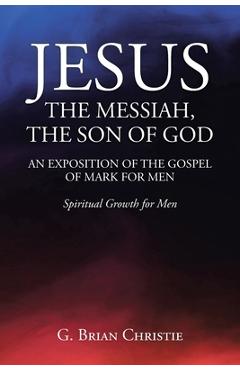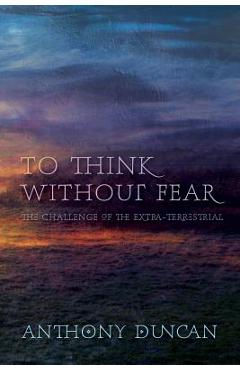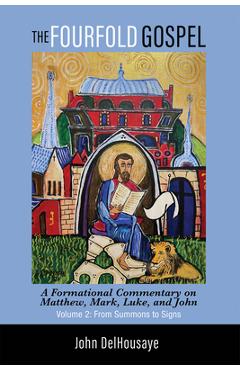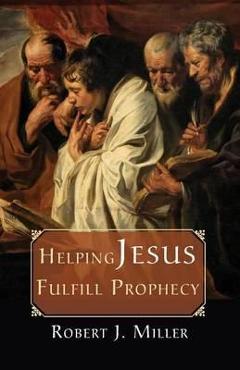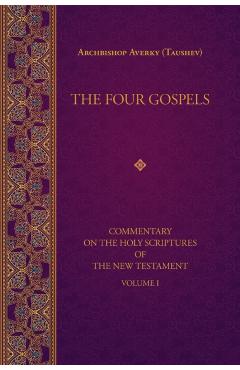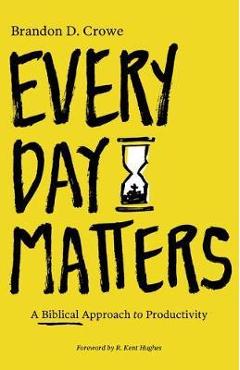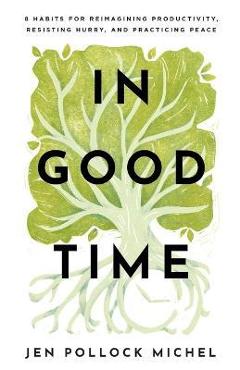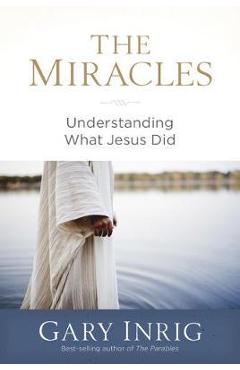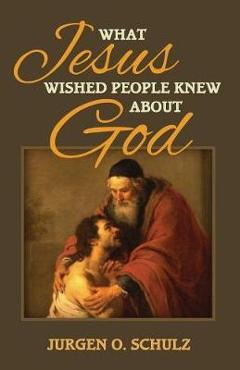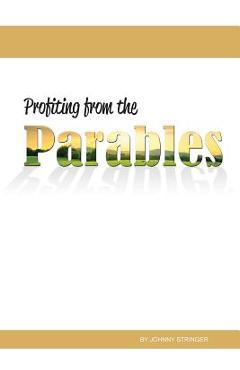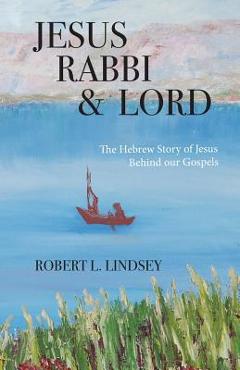Since the 1960s, biblical scholars have noted a relationship between eschatology and ethics in Luke-Acts, but to date there has been no substantive study of the relationship between these themes. What Shall We Do? offers such a study. Lear observes and develops a logic that Luke--Acts presents that begins with eschatological expectation and ends with a particular pattern of life, especially with regard to possessions. He makes the bold claim that Luke has not given up on eschatological expectation. The healing of the cripple (Acts 3), Cornelius's conversion (Acts 10), and the shipwreck narrative (Acts 27-28) are figurative stories of coming eschatological salvation. In this context, Lear demonstrates that the sharing of possessions becomes the means by which a new eschatological people is formed. At the beginning of Luke's Gospel, John the Baptist says the true children of Abraham will escape the coming judgment because they share their possessions. The logic of this claim is worked out throughout Luke's two volumes, culminating in barbarian Maltans becoming children of Abraham because they hospitably receive the Apostle Paul. ""Joseph Lear has made an indelible contribution to Lukan studies. He traces Lukan eschatology and ethics not as parallel motifs, but as part of an intricate literary web. Lear weaves together an array of Lukan motifs such as shared possessions, community formation, miracles and resurrection, and the kingdom of God to produce an impressive, delightful, and timely read."" -- Martin Mittelstadt, Professor, Evangel University ""Joseph Lear gives a non-reductionistic answer in this literary and theological study of Luke-Acts by consistently highlighting the Lukan emphasis on eschatology and ethics and their relationship. In close critical dialogue with previous scholarship Lear underscores the narrative progression of Luke's double work and successfully uses John the Baptist's proclamation as a criterion for choosing the key passages treated."" -- Tomas Bokedal, School of Divinity, King's College, University of Aberdeen Joseph M. Lear is the Lead Pastor at Resurrection Assembly of God in Iowa City, IA. He holds a PhD in New Testament from the University of Aberdeen and a MA in Christian Ethics from Yale Divinity School.










